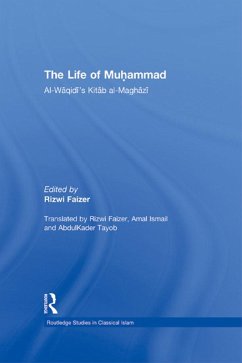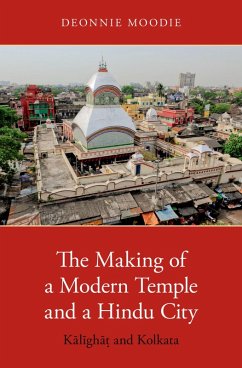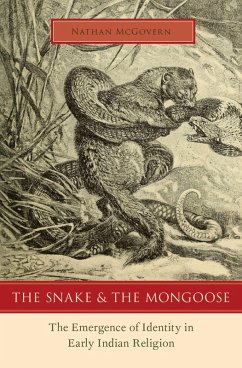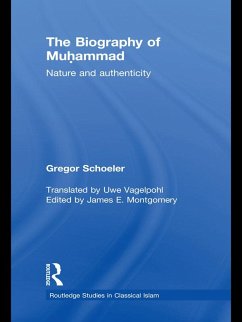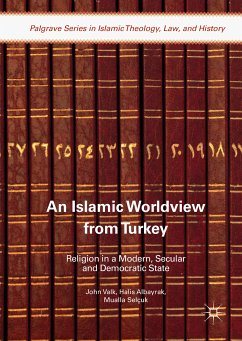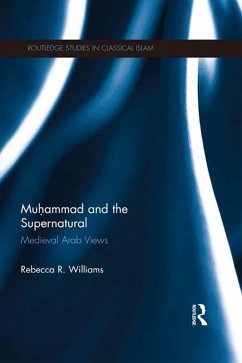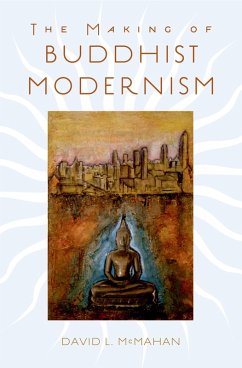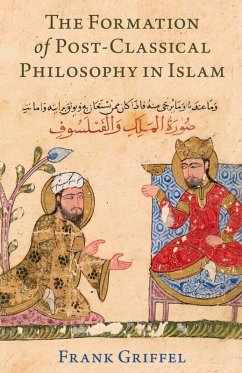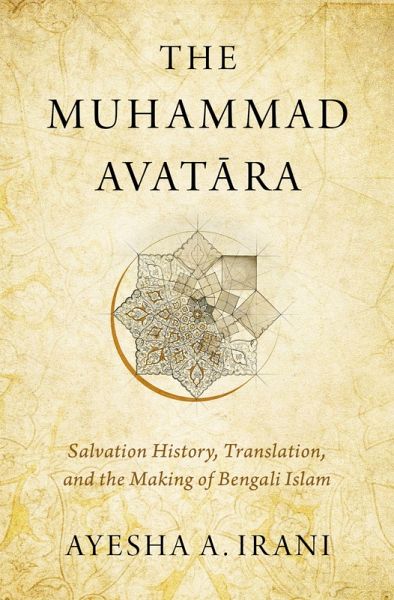
The Muhammad Avatara (eBook, PDF)
Salvation History, Translation, and the Making of Bengali Islam
Versandkostenfrei!
Sofort per Download lieferbar
43,95 €
inkl. MwSt.
Weitere Ausgaben:

PAYBACK Punkte
22 °P sammeln!
In The Muhammad Avatara, Ayesha Irani offers an examination of the Nabivamsa, the first epic work on the Prophet Muhammad written in Bangla. This little-studied seventeenth-century text, written by Saiyad Sultan, is a literary milestone in the multi-ethnic, multi-cultural history of Islam, and marks a significant contribution not only to Bangla's rich literary corpus, but also to our understanding of Islam's localization in Indic culture in the early modern period. That Sufis such as Saiyad Sultan played a central role in Islam's spread in Bengal has been demonstrated primarily through examina...
In The Muhammad Avatara, Ayesha Irani offers an examination of the Nabivamsa, the first epic work on the Prophet Muhammad written in Bangla. This little-studied seventeenth-century text, written by Saiyad Sultan, is a literary milestone in the multi-ethnic, multi-cultural history of Islam, and marks a significant contribution not only to Bangla's rich literary corpus, but also to our understanding of Islam's localization in Indic culture in the early modern period. That Sufis such as Saiyad Sultan played a central role in Islam's spread in Bengal has been demonstrated primarily through examination of medieval Persian literary, ethnographic, and historical sources, as well as colonial-era data. Islamic Bangla texts themselves, which emerged from the sixteenth century, remain scarcely studied outside the Bangladeshi academy, and almost entirely untranslated. Yet these premodern works, which articulate Islamic ideas in a regional language, represent a literary watershed and underscore the efforts of rebel writers across South Asia, many of whom were Sufis, to defy the linguistic cordon of the Muslim elite and the hegemony of Arabic and Persian as languages of Islamic discourse. Irani explores how an Arabian prophet and his religion came to inhabit the seventeenth-century Bengali landscape, and the role that pir-authors, such as Saiyad Sultan, played in the rooting of Islam in Bengal's easternmost regions. This text-critical study lays bare the sophisticated strategies of translation used by a prominent early modern Muslim Bengali intellectual to invite others to his faith.
Dieser Download kann aus rechtlichen Gründen nur mit Rechnungsadresse in A, B, BG, CY, CZ, D, DK, EW, E, FIN, F, GR, HR, H, IRL, I, LT, L, LR, M, NL, PL, P, R, S, SLO, SK ausgeliefert werden.





